Google takes consumers' wrists to next frontier with Android watch
(Agencies) Updated: 2014-03-19 15:50
|
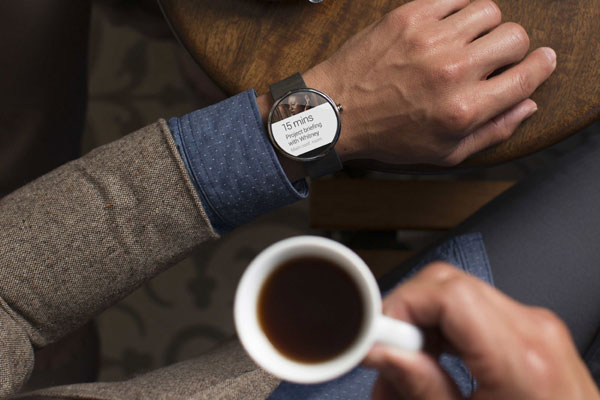 |
|
A Moto 360 smartwatch is seen in this Motorola Mobility LLC handout image released to Reuters on March 18, 2014. Google Inc said on Tuesday that smartwatches based on its Android mobile software will be available later this year, enlisting a variety of partners and signaling the Internet company's intent to play a leading role in what could be the next big computing market. [Photo/Agencies] |
SAN FRANCISCO - Voice-controlled smartwatches that track heart rates and connect to phones and tablets will debut later this year as Google Inc partners with electronics, technology and fashion companies to take consumers to the next promised frontier in computing.
Google on Tuesday unveiled plans to help develop the watches and other wearable computers based on its Android mobile operating system, which already runs more than three out of four smartphones sold worldwide.
The Android Wear project is open to software makers to create apps for the watches, putting Google at the forefront of efforts to jumpstart the nascent wearable computing market.
|
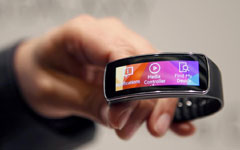 |
|
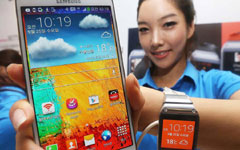 |
A video posted on Google's blog on Tuesday showed people speaking into their watches to check sports scores, control music, send replies to text messages and even open their home garages.
By aligning itself with a broad spectrum of partners to develop the smartwatches, Google is hoping to replicate the success that helped make its free Android software the most popular smartphone operating system, analysts said.
LG Electronics said on Tuesday it would introduce its first Android watch, the G Watch, in the second quarter. Motorola said its Moto 360 Android watch would be available this summer. Fossil Group Inc, which makes watches, handbags and other accessories, also announced that it was working with Google on Android devices.
Many believe wearable computers represent the next big shift in technology, just as smartphones evolved from personal computers, but efforts by various companies so far have had mixed results.
Samsung was among the first to sell a smartwatch for consumers, but its maiden effort, the Galaxy Gear, was widely panned by reviewers.
Google's announcement "definitely gives wearables a status that it's a market in its own right and it needs to be treated with the respect that a separate operating system branch gives it," said Carolina Milanesi, an analyst with Kantar World Panel.
|
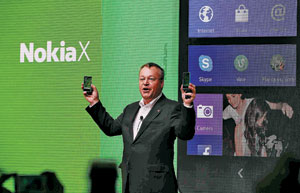 |
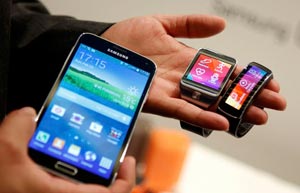 |
- NHTSA says finds no 'defect trend' in Tesla Model S sedans
- WTO rare earth ruling is unfair
- Amway says 2014 China sales may grow 8%
- President Xi in Europe: Forging deals, boosting business
- CNOOC releases 2013 sustainability report
- Local production by Chery Jaguar Land Rover this year
- Car lovers test their need for speed in BMW Mission 3
- China stocks close mixed Monday

















